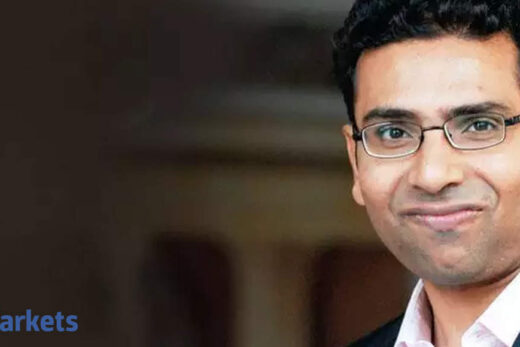The attainment of financial freedom is a worthwhile goal for all of us and many people cite financial freedom as a big personal goal. And they are absolutely right, because nothing does as much damage to one’s peace of mind as lack of financial freedom. Like all freedoms, awareness of financial freedom comes only when it’s not there, meaning financial slavery is what is felt acutely, financial freedom is not.
Just like other kinds of freedom (like political freedom or freedom from bad health) there are different levels of financial freedom, and the highest level is not to do anything at all to earn for the rest of one’s life. It goes without saying that apart from those who have inherited large fortunes, or those whose burden we taxpayers are carrying on our shoulders, it takes most of us an entire working life to reach that stage.
One silver lining in the clouds of the virus that are hanging over the world is that a lot of people have discovered first hand that in a crisis, a little financial freedom goes a long way. A lot of people have had professional trouble since April 2020. However, those who started saving as much as possible from the beginning of their careers had immeasurably lower stress levels. Those who had the basics in place came through mostly fine. And the basics are very basic: good health and term insurance cover, no excessive EMIs, a year or two’s expenses saved up in liquid investments. Those who have at least this much done feel much more relaxed about facing any problems in life, be it virus or a professional problem or anything else. They start feeling free of money worries, get addicted to it and then move it later.
It sounds like such an obvious thing to say, but the first step in having enough savings is to save, and the second step is to save enough. Many of us don’t get started for years after we start earning. Given the overwhelming consumer culture that surrounds us, it’s not easy to start, but if financial freedom is your goal, then there’s no other way than to start early and save enough.
There’s a negative side to moving towards financial freedom also. No, I don’t mean there’s anything bad about financial freedom but rather that to achieve financial freedom there are things that you must NOT do. Quite possibly, these are more important than what you must do.
There’s a long list of these don’t-do actions, in a somewhat random order: Short-term equity trading; investing with borrowed money; buying any insurance product except term policies; buying bitcoin and anything else based on ‘crypto’; invest in new funds or new equity share issues; invest in anything except for heavily regulated mutual fund and equity products; buying equity (or equity funds) because markets have gone up; selling because the markets have gone down, investing only in aggressive assets like equity; not investing anything in aggressive assets like equity; and a lot else.
There will be people to whom all this sounds obvious and those to whom it comes as a surprise. However, knowing all this is not quite a substitute for actually internalising these things as principles and practicing them lifelong. Financial freedom, specially at a relatively early age, can come easy or it can come difficult—but mostly, it’s a choice that one makes for oneself.
(The author is CEO, Value Research)



